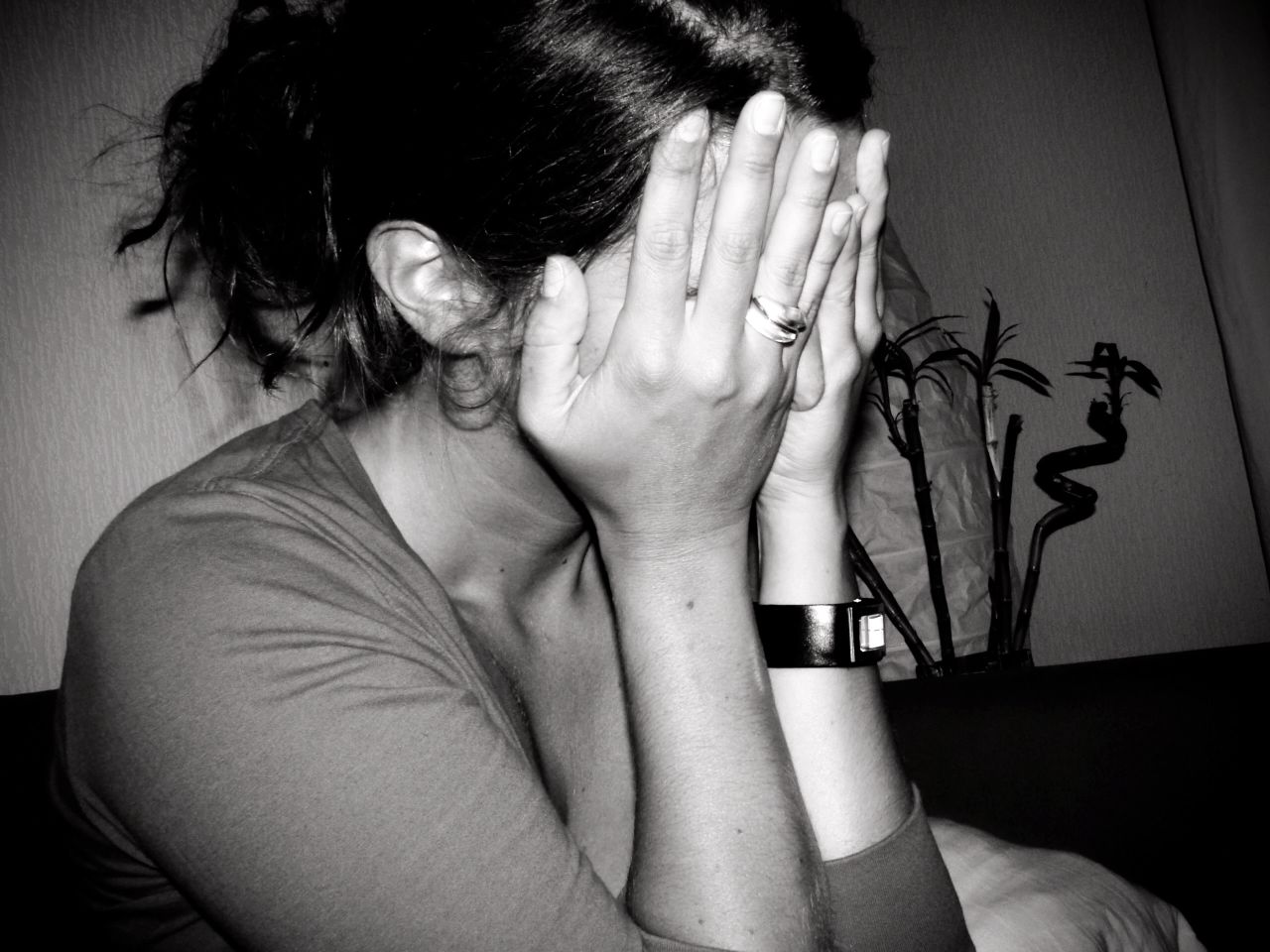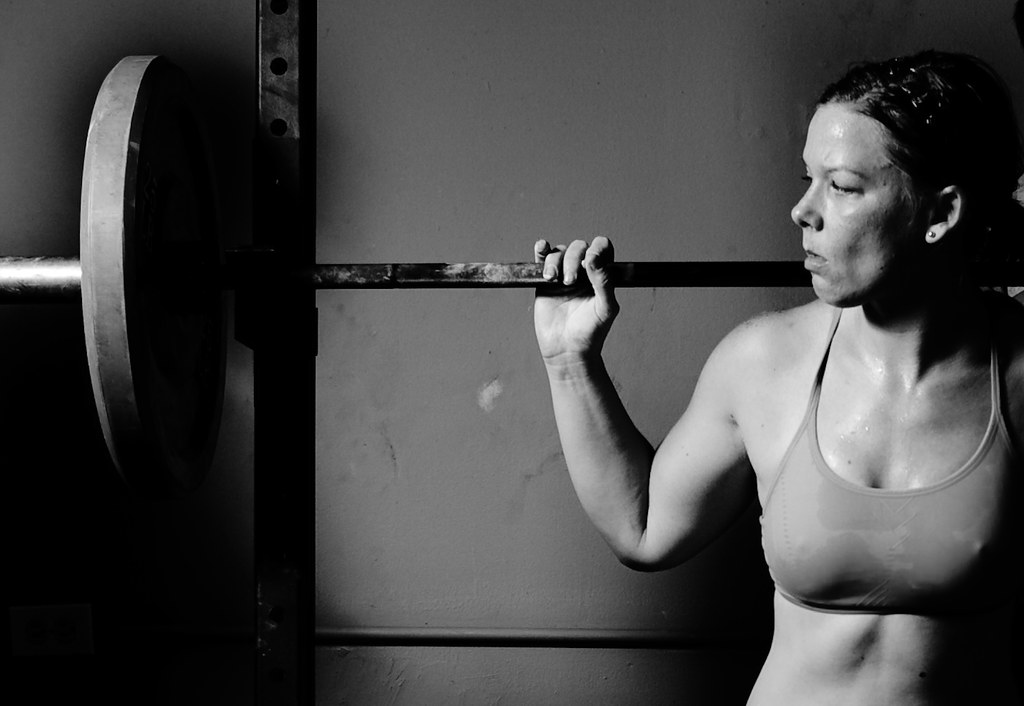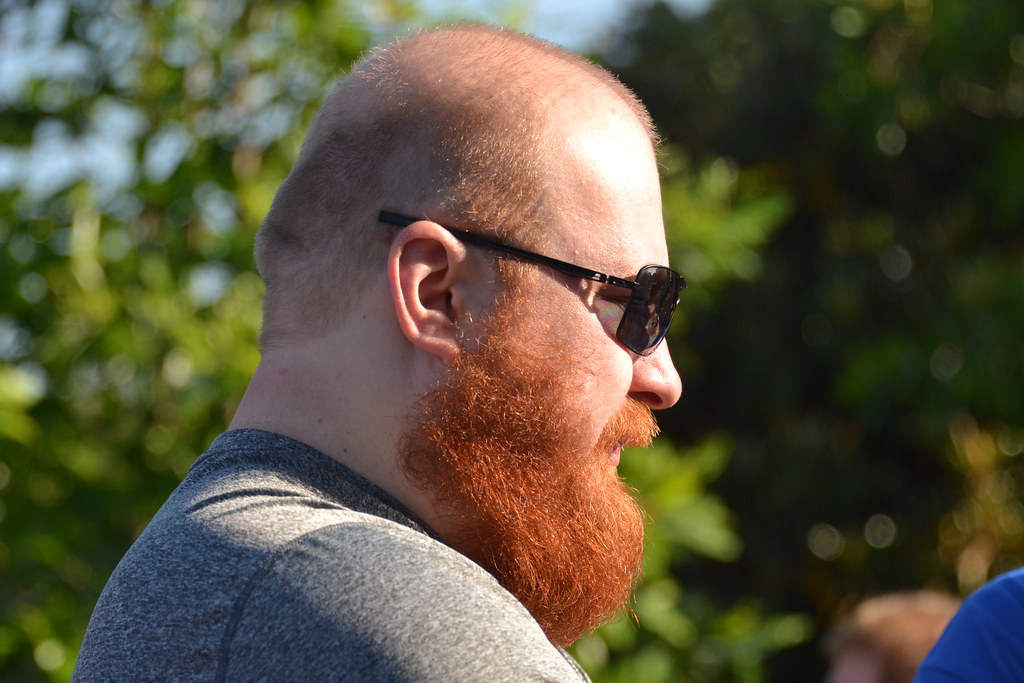Given the amount of time and money a typical person spends on his/her hair, you can only imagine what happens when one is faced with the threat of baldness. Hair plays a major role in one’s self-image, social perceptions, and psycho-social functioning, according to a study. A lot of people assumed that hair loss is mostly a problem among men, but baldness is common among women too. In fact, studies show that the psychological effects of hair loss are more likely to be worse in women than in men. Most women were raised to regard their hair as their “crowning glory,” and they are more sensitive to society’s expectations on how they should look like.

For most women, the hair is their crowning glory.
Photo from martinak15 via Flickr, Creative Commons
While genetics has a lot to do with how your hair will turn out in the future regardless if you’re male or female, there are other factors that can contribute to hair loss and these factors seem more prevalent in women. Pregnancy, for one, is known to cause temporary hair loss due to hormonal changes. Over-exposure of hair to salon procedures and chemical treatments is also a cause.
Both sexes can be affected by psychological effects of hair loss. Some of these effects may be more prevalent in one gender, but a lot of these factors are common concerns in both men and women. Until you find the right hair loss treatment that will save your remaining hair and re-grow what you have lost, you are prone to experiencing the blues associated with hair loss problems. Here are some of the effects of hair loss on one’s emotion and feelings.
- Consciousness over one’s age
Youth is always associated with firm skin and full head of hair, so the moment one of these begins to slow down, it’s a trigger to worrying about one’s age. While many are already aware of the onset of hair loss as one starts to age, a person can still be caught off-guard when strands of hair begins to fall off or bald patches begin to show.
Men are reportedly more affected by the age factor. Loss of hair exposes the forehead more, which can age one’s appearance.

Men are conscious of their foreheads.
Photo from glassghost via Flickr, Creative Commons
- Frustration over styling options
A full head of hair gives one the liberty to experiment with one’s hairstyle. With thinning hair and bald patches, style options can be very limited. Covering up patches and camouflaging thin hair will become a priority over experimenting with the hottest and trendiest cuts. Women especially are dependent on styling hair through coloring, curling, and straightening. Lesser hair treatments are recommended for people who are suffering from balding and to protect hair from damage.
- Low self-esteem
For women, it’s more about developing a negative body image because they are less likely to adapt to hair loss as well as the men can. No matter what they say, women are still more judged for their looks compared to men. Hair is one of the areas in which people gauge a woman’s physical attractiveness and it seems the less hair they have, the less attractive they are.
- Social anxiety
Low self-esteem leads to social anxiety. Most people become self-conscious when others start to tease them about their hair, or the lack of it. Men especially are prone to scorn and teasing when their foreheads got noticeably higher or patches have become very obvious. This can give way to shyness, embarrassment, and loss of confidence.

It can lead to shyness.
Photo from mblanc via Flickr, Creative Commons
A person going through severe hair loss develops a feeling of helplessness when nothing seems to work in making their hair stay. It’s the kind of hopelessness that stems from losing control over one’s physical appearance and the knowledge that there’s nothing that can be done to make the hair grow back.
- Jealousy
It’s the classic case of people coveting what they don’t or can’t have. People who can’t hold on to their hair or make their hair grow back will feel resentment towards others who are enjoying the luxury of full, healthy hair.
Dealing with the Effects
If you’re experiencing hair loss, you may be at wit’s end trying to cope with your situation. Doing something about your problem, like undergoing medication or making an appointment with a hair transplant doctor can improve your mood, but re-growing hair is a long process that can test your patience. While you’re waiting for your hair restoration appointment or waiting for your hair to grow back after surgery, you have to resort to other ways to battle the mental and emotional effects.
- Hit the gym
Having a great physique can also offset your hair insecurities. Regular exercise releases endorphins and will give your mood a much-needed boost. Again, this is not a total substitute for having normal hair, but this can bring balance in terms of self-esteem issues.

Endorphins make you feel better.
Photo from greg westfall via Flickr, Creative Commons
- Dress up more
If you can’t fix your hair up just yet, do the next best thing and work on your clothes for the meantime. Take extra care in dressing up, which can do wonders for your self-esteem. This may not be as great as sporting thick, lustrous hair but this is the quickest fix available in improving your physical appearance.
- Join a support group
There’s therapy in numbers. There are thousands of people experiencing hair loss and it helps to know that you’re not alone. There are lots of online support groups that offer comfort and advice on ways on how to heal hair loss for people like you.
- Grow a beard or mustache
For men, this is a great way to lessen attention towards balding heads. Splurge on grooming your beard or mustache if you can’t do anything about your hair yet.

Sport a full growth.
Photo from Tony Alter via Flickr, Creative Commons
No matter how serious your balding problem is, keep in mind that it’s a problem that can be solved. Thanks to technology and medical expertise, more and more people can now afford to avail of the best hair loss solution for men and women. It will do your mental health good to know that this can be a temporary problem and that you can actually get your hair back if you know what to do and know where to look for safe and effective hair loss treatments.
John Anderson is a Commissioned Artist. Follow him on Twitter @johnanderson090.
Post new comment
Please Register or Login to post new comment.